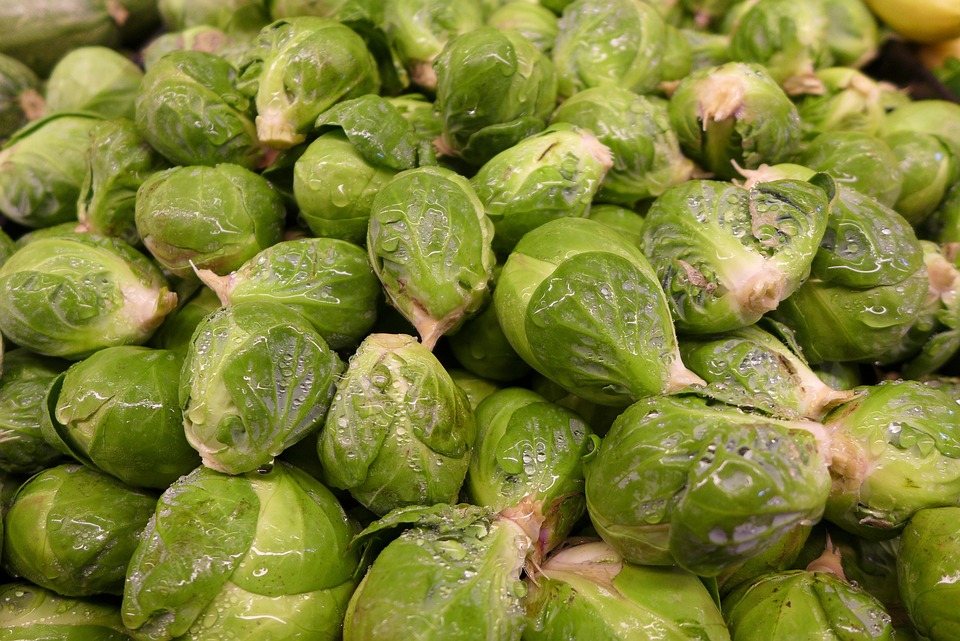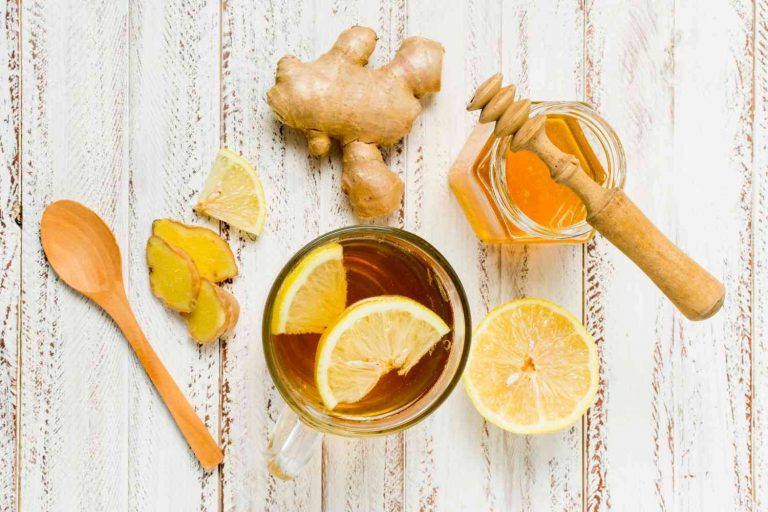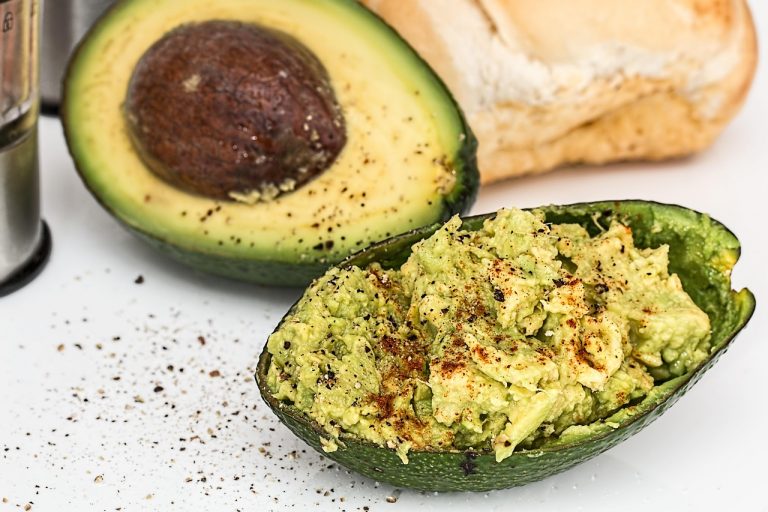5 Reasons Brussels Sprouts Boost Hormone Health
Midday, you find yourself wandering through the produce aisle, eyeing those tiny, green orbs nestled among their leafy counterparts. Brussels sprouts might not be the first vegetable that springs to mind when you think of hormone health, yet these cruciferous gems have surprising benefits. Maybe you’ve heard whispers about their nutritional clout, but do you know how Brussels sprouts can play a role in balancing hormones? Let’s explore five compelling reasons these veggies might deserve a more prominent spot on your plate.
Contents
1. Rich in Cruciferous Compounds
Brussels sprouts are part of the cruciferous family along with broccoli, kale, and cauliflower. They contain several compounds known as glucosinolates, which have been studied for their effects on hormone health.
A significant study published in The Journal of Clinical Endocrinology & Metabolism found that glucosinolates can help support the body in metabolizing estrogen (García et al., 2019). Proper estrogen metabolism is crucial for everyone but particularly for women, as imbalances can lead to various health issues, including PMS and menopausal symptoms.
However, moderation is key; excessive consumption of cruciferous vegetables can lead to thyroid issues in individuals with preexisting conditions. Consultation with a health professional can help tailor dietary choices to your unique needs.
2. Anti-Inflammatory Properties
Chronic inflammation can wreak havoc on hormone levels, contributing to conditions like insulin resistance, which can complicate hormone balance. Brussels sprouts are loaded with antioxidants like kaempferol and vitamin C, which fight inflammation.
Research published in Nutrition Reviews indicates that these antioxidants can help reduce oxidative stress in the body and improve insulin sensitivity (Bae et al., 2020). For instance, if you’ve ever felt sluggish or experienced mood swings due to hormonal fluctuations, incorporating Brussels sprouts might assist in stabilizing your insulin levels, providing a more balanced energy throughout the day.
Still, those with digestive issues should be cautious; the high fiber content in Brussels sprouts might cause discomfort for some. Gradually introducing them into your diet can help your body adjust.
3. Fiber-Rich
Speaking of fiber, Brussels sprouts are a great source. Fiber plays a vital role in hormonal health, particularly concerning digestion and elimination. When you consume fiber, it helps stabilize blood sugar levels and supports a healthy gut microbiome, both of which are linked to hormonal balance.
In a study published in The American Journal of Clinical Nutrition, researchers discovered that a high-fiber diet could decrease insulin resistance and improve metabolic markers (Slavin, 2020). By adding Brussels sprouts to your meals, you not only add flavor and texture but also contribute to your daily fiber intake.
For those unfamiliar with how to incorporate Brussels sprouts into a meal, consider roasting them with a drizzle of olive oil and a pinch of salt. Not only is it simple, but it enhances their natural sweetness.
4. High in Folate and Vitamin K
Folate, or vitamin B9, is essential for cellular function and tissue growth. It particularly supports hormone production and balance within the body. Brussels sprouts are abundant in folate, making them a fantastic addition to a hormone-friendly diet.
A 2021 study published in Molecules highlights the importance of folate in regulating estrogen levels, thus offering potential protective benefits against hormone-related cancers (Trachsel et al., 2021). Alongside folate, Brussels sprouts provide vitamin K, essential for blood clotting and maintaining bone health, indirectly supporting hormone health.
While these vitamins play a significant role, it’s worth noting that they work best in conjunction with a balanced diet rich in diverse nutrients. So, pairing Brussels sprouts with other colorful vegetables can elevate their health benefits even further.
5. Natural Detoxification Aid
The liver plays a critical role in detoxifying hormones, and Brussels sprouts can be instrumental in this process. They contain sulforaphane, a compound that enhances liver function by promoting the detoxification of estrogens and other hormones, according to a study in Nature Reviews Endocrinology (Kim et al., 2018).
The liver’s ability to effectively detoxify is essential for maintaining hormonal balance. With less accumulation of waste or excess hormones in the body, you might notice improved mood stability and energy levels.
While Brussels sprouts can support liver health, overconsumption might lead to gas or bloating, especially for those not used to high-fiber diets. Again, balance and gradual incorporation into your meals are key.
FAQs
Q1: How often should I eat Brussels sprouts for hormonal benefits?
A: Including Brussels sprouts in your diet 2–3 times a week can be beneficial. Yet, individual needs can vary, so listen to your body and consult a healthcare provider if unsure.
Q2: Are there individuals who should avoid Brussels sprouts?
A: People with thyroid conditions should consult a healthcare professional. The goitrogens in cruciferous vegetables may interfere with thyroid hormone production in sensitive individuals.
Q3: What’s the best way to prepare Brussels sprouts?
A: Roasting, steaming, or sautéing can bring out the flavor and increase the availability of their nutrients. Try seasoning them with garlic, lemon, or balsamic vinegar for an extra kick.
Q4: Can I get enough health benefits from cooked Brussels sprouts?
A: Yes, cooking Brussels sprouts can make them easier to digest while still retaining most of their nutritional value. However, some raw benefits, particularly from glucosinolates, may diminish slightly during cooking.
Conclusion
Brussels sprouts might not be the trendiest vegetable, but their nutrient profile certainly warrants recognition. From enhancing estrogen metabolism and reducing inflammation to supporting detoxification, they can play an essential role in maintaining hormonal balance. If you’re looking to make more conscious dietary choices, consider elevating the humble Brussels sprout in your meals. As you explore their benefits, remember to embrace moderation and consult with a healthcare provider when making significant dietary changes. These little green powerhouses might be exactly what your hormones have been craving.
References
-
García, A. et al. (2019). Cruciferous vegetables and their effects on estrogen metabolism. The Journal of Clinical Endocrinology & Metabolism. URL: https://academic.oup.com/jcem/article/104/9/3600/2831535
-
Bae, M. et al. (2020). The role of dietary antioxidants in health promotion. Nutrition Reviews. URL: https://academic.oup.com/nutritionreviews/article/78/4/95/5819291
-
Slavin, J. L. (2020). Why whole grains are important for a healthy diet. The American Journal of Clinical Nutrition. URL: https://academic.oup.com/ajcn/article/111/1/140/5864341
-
Trachsel, L. et al. (2021). Folate levels and risk of hormone-related cancers: A review. Molecules. URL: https://www.mdpi.com/1420-3049/26/17/5167
-
Kim, H. et al. (2018). The role of sulforaphane in liver detoxification. Nature Reviews Endocrinology. URL: https://www.nature.com/articles/s41574-018-0053-3
Get Your FREE Natural Health Guide!
Subscribe now and receive our exclusive ebook packed with natural health tips, practical wellness advice, and easy lifestyle changes, delivered straight to your inbox.




